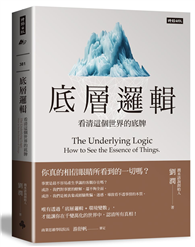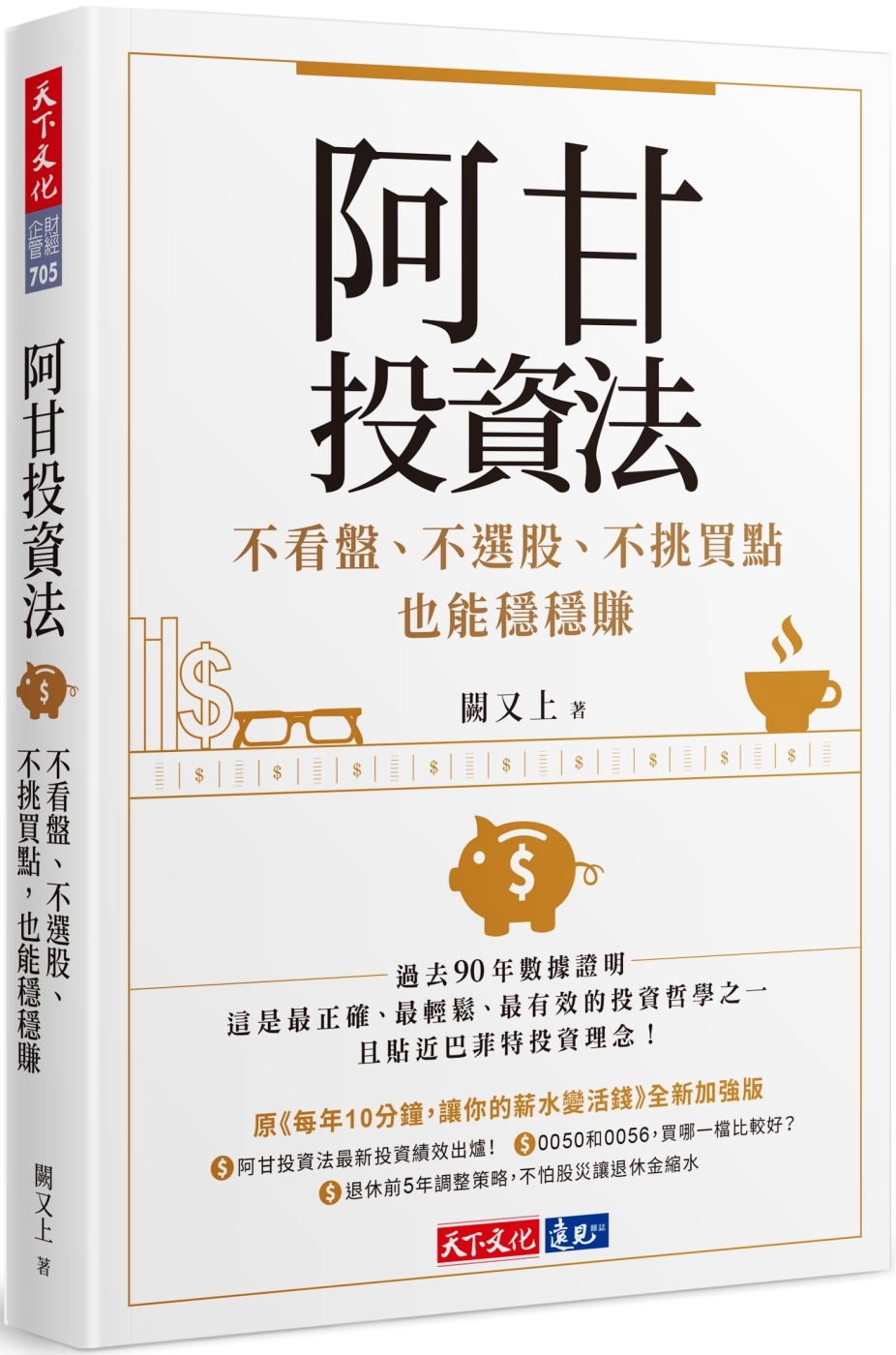One might be forgiven for thinking that the founding of The European Union is not
exactly the stu that myths are made of? Not at all, for here it comes - though it is
not a myth, but a real story that only sounds like a myth: The 9th of May 1950 was the
day when the destiny of European integration (began to take) took shape, with the
declaration by the French foreign Minister Robert Schuman, aiming at the creation of
a European Coal and Steel Community. One can retrace the events of these historical
moments day by day, sometimes hour by hour, the main actors emerging with highly
animated proles, the tension mounting to thrilling heights - but nally the solution
is found! And this solution is, as much as it seems pragmatic, nothing less than
revolutionary: It is - to use the words of the French foreign minister himself! - the
rst "breach into national sovereignty". The political system of the EU can be traced
directly back to this initial moment.
Once the story of the 9th of May 1950 is told, one can contemplate it from dierent
angles and learn a lot: What about the relationship between the external pressure
of the Allies on France, in order to prepare for a common defense line of the Western
bloc - and the intra-European, Franco-German desire to overcome their old conicts
and reach a fair tradeo of interests? What about the relationship between economics
and politics - was and is European integration mainly an economic project or does
it ultimately aim at a political union? And maybe the most dicult question: Would
others have taken dierent decisions from those of Jean Monnet, Robert Schuman
and Konrad Adenauer? Could they have? And if it was their own free will to decide as
they did, what led them to do so?
This book tells the story of the 9th of May, and the days leading up to it - and reects
on the signicance of this historical moment, our "Europe Day".
| FindBook |
|
有 1 項符合
Marhold的圖書 |
 |
$ 2397 | Europe Day: How European Integration Got Started
作者:Marhold 出版社:Peter Lang Gmbh, Internationaler Verlag Der W 出版日期:2022-08-15 語言:英文 規格:平裝 / 158頁 / 普通級/ 初版  看圖書介紹 看圖書介紹
|
|
|
圖書介紹 - 資料來源:博客來 評分:
圖書名稱:Europe Day: How European Integration Got Started
內容簡介
作者簡介
Hartmut Marhold is Honorary Professor at the University of Cologne and Senior
Research Fellow at CIFE; he teaches at the Turkish-German University in Istanbul.
Hartmut specialises in the history of European Integration and German European
politics and teaches the course "Emergence and Evolution of the Concept of Sustainable
Development" within CIFE’s Joint Master in EU Trade and Climate Diplomacy. From
2002 until 2013, he served as Director General of CIFE.
|










